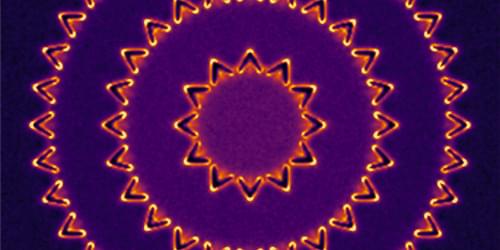A study in a virtual reality environment found that action video game players have better implicit temporal skills than non-gamers. They are better at preparing to time their reactions in tasks that require quick reactions and they do it automatically, without consciously working on it. The paper was published in Communications Biology.
Many research studies have shown that playing video games enhances cognition. These include increased ability to learn on the fly and improved control of attention. The extent of these improvements is unclear and it also depends on gameplay.
Success in action video games depends on the players’ skill in making precise responses at just the right time. Players benefit from practice during which they refine their time-related expectations of in-game developments, even when they are unaware of it. This largely unconscious process of processing time and preparing to react in a timely manner based on expectations of how the situation the person is in will develop is called incidental temporal processing.





